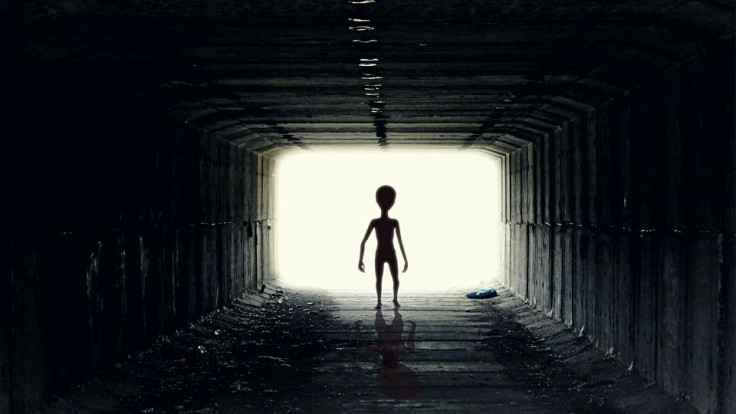Avi Loeb, a Harvard University professor, believes that a meteorite that crashed into the Pacific Ocean in 2014 might have something to do with alien technology.
Loeb, who is the longest serving chair of Harvard Universities Department of astronomy, is convinced that the object might be a meteorite of unprecedented material strength or alien technology.
But none of this is possible to confirm without physically studying the object, reported 10 Boston. So the professor has planned an expedition to retrieve it. It will cost more than a million dollars in funding from private donors. According to Comicbook, he has raised about a third of the money required for his expedition to the expected crash site near Papua New Guinea.
He said that this would be the "first time that humans put their hands on the material that makes an object that came from another star."
The data now confirms that the object is of interstellar origin, but the path to confirming this was not immediate. Loeb and his student, Amir Siraj, used data from government censors that is primarily used for national security. The duo then studied multiple meteors to see if any stood out.
He shared that he found the catalog that the government compiled of meteorites that were "detected by government sensors that our missile warning system." He asked his student to check if any of the meteors, the "fastest moving meteors, could have arrived to Earth from outside the solar system." One in particular sparked the interest of Loeb and Siraj.
On the basis of the speed of the meteor and how much of the object burned upon entry, the professor determined that it must be made of a very strongly material. Probably something that is tougher than iron. He said that so this one was an outlier in terms of its composition, and it was also an "outlier in terms of its speed outside the solar system." He noted that it moved at least "twice as fast as stars move around the sun in the vicinity of the sun."
The government released limited data due to national security concerns, but he had found something groundbreaking. He wrote a paper with his student that laid out what he believed to be true, but three years after writing his findings, a major development confirmed what he always knew. He said that after a few years, the release of a letter from the U.S. Space Command in the Department of Defense stating explicitly that "this meteor at the 99.999% confidence level came from outside the solar system." Then Loeb decided to take action and make moves to recover the object.
He is now planning to find the object that most likely fractured on impact. So it left fragments possibly the size of pennies lost at the bottom of the ocean, but Loeb is confident that they will recover what they are in search of. He said that they are planning to board a "ship and build a sled and a magnet attached to it that will scoop the ocean floor."

© 2025 Latin Times. All rights reserved. Do not reproduce without permission.




